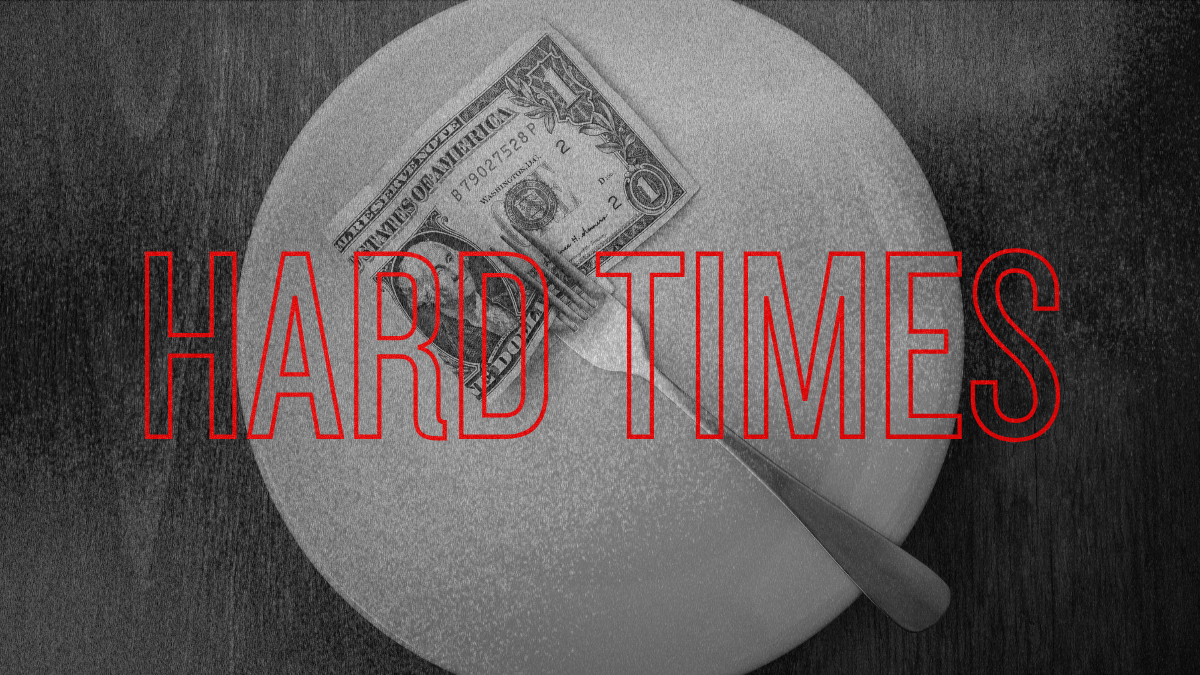The U.S. Senate is currently considering Trump’s “One Big Beautiful Bill,” the Republican-crafted legislation that cuts over $800 billion from Medicaid and over $300 billion from SNAP.
North Carolinians are expressing concerns over federal funding cuts to SNAP, which provides food assistance to working-class families, aging seniors, and Americans with disabilities.
The Congressional Budget Office currently estimates that Trump’s cuts would remove more than 3 million Americans from the program in an average month. More than 1.4 million North Carolinians utilize SNAP, including one in six in rural areas or small towns and one in nine in metro areas.
“What we would see is upwards of $700 million a year of funding for SNAP decrease in the state of North Carolina,” said NCDHHS Secretary Dr. Dev Sangvai. “What you would then see is a reduction in benefits, a reduction in eligibility potentially.”
“We know that if individuals don’t get healthy and nutritious food, what ends up happening is a higher degree of illness, sickness, absenteeism, all of the other things we want to avoid,” said Sangvai.
SNAP has had a particularly strong impact on seniors. Older adults’ participation in the food assistance program has been associated with fewer hospital admissions and emergency department visits, and an estimated Medicaid cost-savings of $2,360 per person annually.
Beyond its cost savings and impact on health outcomes, SNAP stimulates local economies. According to the Center on Budget and Policy Priorities, every $1 invested in SNAP generates between $1.50 to $1.80 for local economies.
Advocates fear the economic fallout of SNAP cuts could hit rural communities especially hard. Rural hunger is already on the rise, and grocery stores face an uphill battle to keep going in the most isolated parts of the country.
Amy Beros, the President and CEO of the Food Bank of Central and Eastern North Carolina, said her organization is already struggling to cope with rising demand and expects that proposed cuts in Washington will worsen the situation.
“In the past three years, just in our 34 counties that we serve, hunger has increased by over 150,000 people,” Beros said.
“We’re seeing it worse than we saw at the height of the pandemic. It’s the worst we’ve seen in nearly two decades, and unfortunately, with the decisions that are being made at the state level and federal level right now, we anticipate that that need is going to rise drastically with the proposed cuts,” said Beros.
Jason Kanawati Stephany, Vice President of the Food Bank of Central and Eastern North Carolina, says roughly 1.6 million North Carolinians are currently facing hunger.
“We produce over 100 million meals out of these facilities here at the food bank every year. For every one meal that we produce, SNAP provides nine. We simply can’t make up the difference through charity alone,” Kanawati Stephany said.
Jamila Allen, a mother of one who works as a fast food worker in Durham, shared how SNAP supports her family with making ends meet: “With my paycheck, I wouldn’t be able to afford bills and groceries, and I’ll have to really skim. So it’s really important that I use SNAP.”
Rachel Kelley, an employee at the State Farmer’s Market, echoed these concerns: “Times are really hard, and I actually live at home with my parents and my three kids. I really rely on SNAP and EBT a lot. Being a single mom, it’s hard to make ends meet.”
“I come home with half of the stuff, and I think if things keep getting cut, I’m going to come home with like nothing. And it’s just hard, and it really is getting much harder than what it used to be.”





